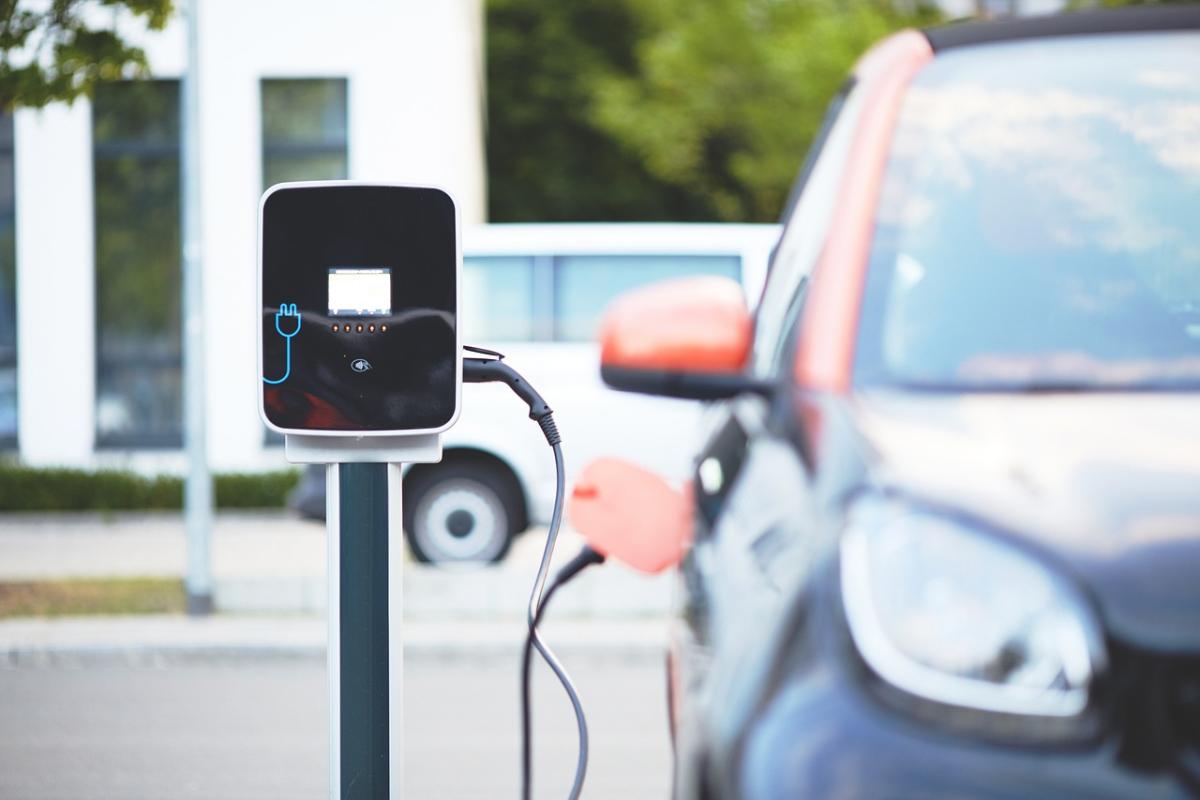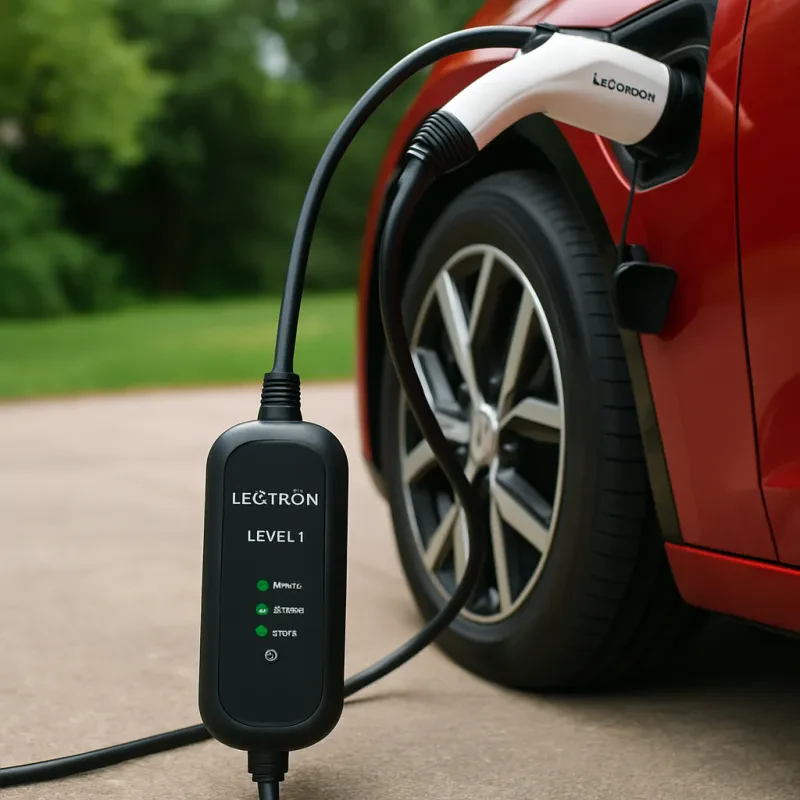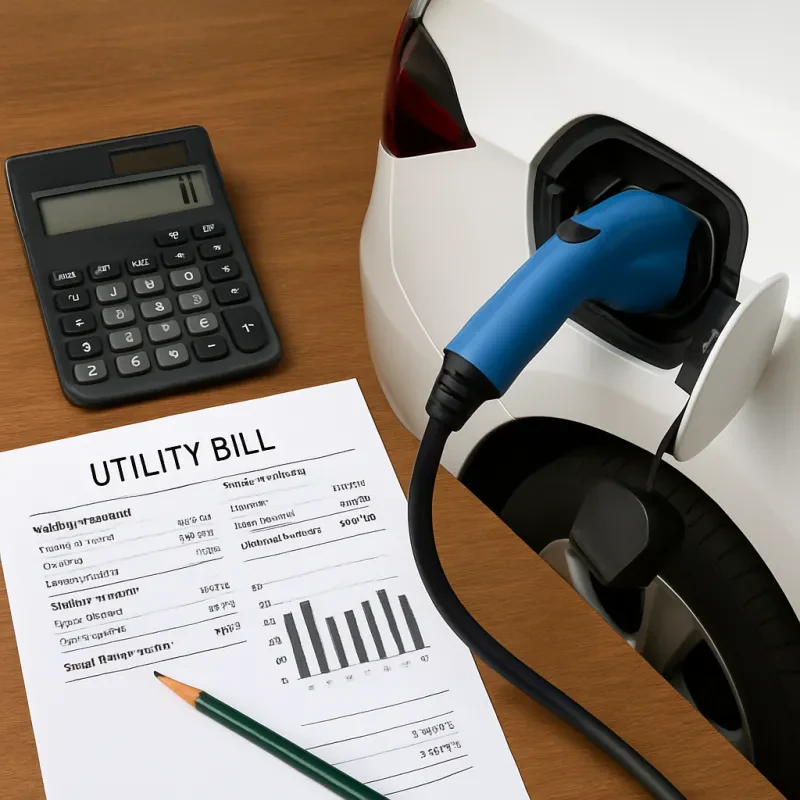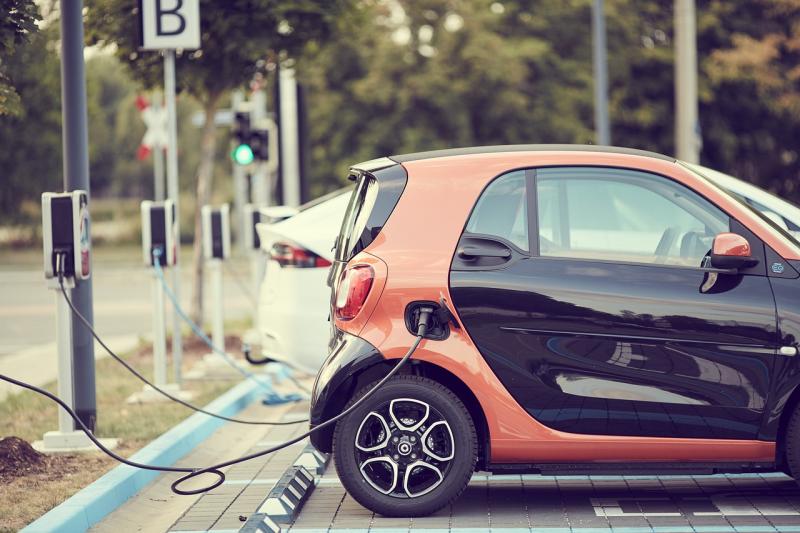Choosing the right EV charger can feel a bit overwhelming, but it doesn’t have to be. Think about where you’ll mainly charge your vehicle. If you're mostly at home, a Level 2 charger is your best bet. It’s faster than a regular outlet and will have your ride ready to hit the road in no time.
If you’re on the go a lot, check out public charging stations. Some are equipped with fast chargers that can give you a significant boost in just a short stop. You’ll also want to keep an eye on the charging network in your area. Some apps can help you find nearby charging stations so you won't be left searching in vain.
Compatibility is key, too. Make sure your charger works with your specific electric vehicle model. Most chargers are compatible, but it’s smart to double-check. Look for features like smart charging options which can help you save money by charging during off-peak hours.
Lastly, consider your budget. You can find chargers at various price points, so think about what you need versus what you want. Don’t forget about installation costs, which can vary depending on your home’s electrical system.
Understanding Charger Types and Speeds
When it comes to charging your electric vehicle, not all chargers are created equal. Knowing the different types can help you choose the right one for your needs. Let's break it down.
First up, we have Level 1 chargers. These are the basic ones that come with your EV and plug into a standard outlet. They’re super handy for overnight charging at home, but don’t expect quick results. You’re looking at about 4 to 5 miles of range per hour of charging.
Then, there’s the Level 2 charger, which is a popular choice for home installations and public charging stations. These chargers need a specialized outlet and can add an impressive 25 to 30 miles of range per hour. That’s a game-changer for your daily routine!
If you’re in a rush, Level 3 chargers, often called DC fast chargers, are your best bet. You’ll find these at commercial charging stations, and they can boost your battery from empty to about 80% in just 30 minutes. Perfect for road trips or when you’re on the go!
Choosing the right charger depends on how you plan to use your EV. Think about where you'll primarily charge, how often you drive, and how quickly you want that battery to fill up. With the right charger, you’ll keep your adventure going without a hitch!
What to Look for in a Charger
When you're hunting for the right EV charger, there are a few key things to keep in mind. First up, consider the charging speed. Most chargers have different power levels, measured in kilowatts (kW). If you want quick top-ups, look for Level 2 chargers, which can juice up your car much faster than Level 1 chargers. A Level 2 charger at home can get your battery back to where you need it in a couple of hours, while a Level 1 might take all night.
Next, think about compatibility. Make sure the charger works with your EV model. Some chargers are universal and can handle a variety of cars, while others are specific to certain brands. Check the plug type; Tesla, for example, has its own connector, while other brands use the J1772 standard. You want something that fits your ride like a glove.
Don't forget about smart features. Many new chargers come with app connectivity, letting you monitor charging status, schedule charging times, and sometimes even get real-time updates. These features can help you save on electricity costs by charging during off-peak hours.
Last but not least, think about installation and where you'll be using the charger. Will it be at home, or do you need a portable option for road trips? Some chargers need professional installation, while others are super easy to set up yourself. If you're thinking of going portable, look for lightweight designs that you can just toss in the trunk.
Installing Your EV Charger Made Easy
Installing your EV charger doesn't have to be a headache. With a few simple steps and some basic tools, you can have your charger up and running in no time. Most importantly, make sure to choose a location that's easily accessible for your electric vehicle and not too far from your electrical panel.
First things first, gather your materials. You'll need your EV charger, a power supply line, installation tools like a drill, and maybe a friend to help. Don't skimp on the safety gear - a pair of gloves and goggles can go a long way.
Before you start, check local codes and your electrical capacity. It's essential that your home's electrical system can handle the extra load from the charger. If you’re unsure, it’s worth calling in a pro to assess your set-up.
Once you have everything ready, start by mounting the charger on a wall. Make sure it's at a good height so you can easily plug in your car. Then, connect the charger to your home’s electrical supply. This part can be tricky, so if you’re not comfortable, it's best to hire an electrician. A little help is worth the peace of mind!
After installation, plug in your vehicle and check that the charger works. You'll usually see some kind of indicator light to show it's ready to go. Now, you can charge your EV from the comfort of home and hit the road without a worry!



